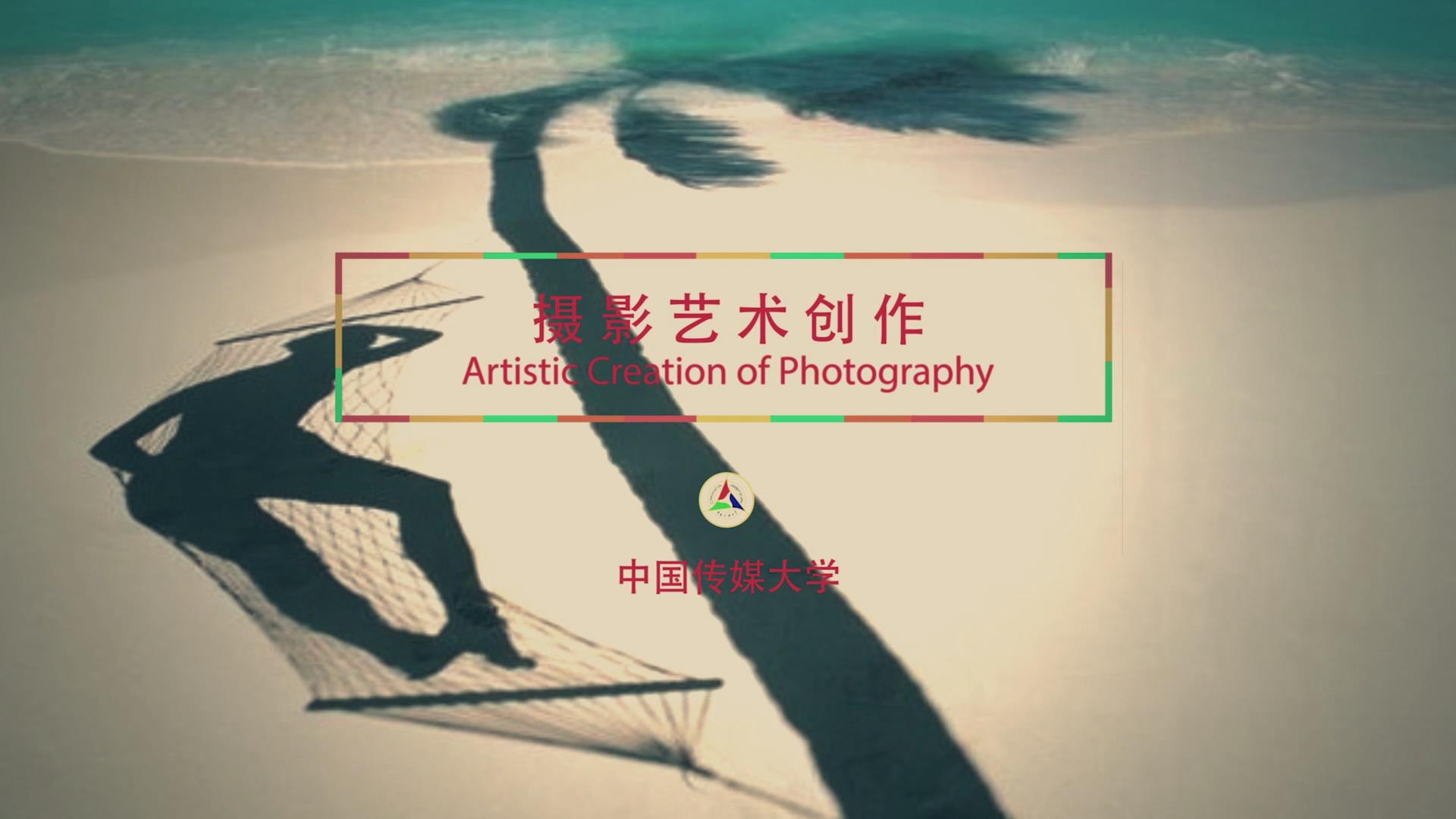
当前课程知识点:Research Methods in Tourism Studies > Week 4 Research Design II > 4.2 Using Experiment in Quantitative Research > 4.2.2 Virtual reality (VR)
返回《Research Methods in Tourism Studies》慕课在线视频课程列表
返回《Research Methods in Tourism Studies》慕课在线视频列表
虚拟现实,我想你们很多人应该都很熟悉。
特别是在现在的市场上,
用几美元,两美元,五美元,
就可以买一副眼镜,你可以把它放在你的iPhone上,
下载视频然后可以观看它。
虚拟现实意味着什么?
就是你进入一种场景,但它是虚拟的。
例如,如果你想要参观一些地方或某个目的地,
比如你想去你从未去过的华盛顿特区.
只需要创建华盛顿特区的视频,
然后你带上眼镜,就可以去华盛顿特区,
甚至还可以去白宫。
你从一个房间走到另一个房间,从高速公路到每一个房间,
只要你喜欢就可以进去。
当我做那个演讲的时候一些学生问了我一个问题:
这是否意味着将来不需要去旅行?
我说不,为什么?
因为虚拟现实只给你两种感觉,
一种感觉是你在听,一种感觉是你在看,
但你没有其他感觉,
意味着你不能碰它,无法感受它。
And also you sometimes want to travel,
但如果你去旅行,你想要吃食物,你就可以品尝它,闻到它,
而虚拟现实没有那种环境,
它只是非常有限的环境,
你不是在现实中,只是在虚拟现实中,
虚拟现实提供的只是虚拟的物质存在。
现在这在不同的地区都很流行,
有很多酒店、餐馆都在使用
目的地也一样。
他们利用虚拟现实来推广他们的产品,
这意味着让人们去体验。
举个例子,如果你有一个婚礼派对,
你可以穿婚纱,
只要你走进婚礼大厅,
就可以体验到酒店提供的婚礼服务
以及感知到自己的感受,或者你想去度蜜月,
他们可以提供一些让你体验的东西。
这很好,
为客户提供了很好的推广工具,
顾客也能感觉到自己有多喜欢它,
甚至最终可能会因此而使用他们的服务或者购买他们的产品。
这有一个关于在餐厅里使用虚拟现实技术的短片。
有时候,你想去餐馆,
你想看看人们是如何为你烹饪食物的,
又是如何为你提供食物的,但是你从来没有去过。
这时候你就可以利用虚拟现实,
通过视频,戴上眼镜就可以看到所有不同的现实。
我们的一个硕士生做过一个研究
通过使用虚拟现实实验
研究目的是因为她想知道不同的酒店房间的
装饰会给顾客带来什么样的情感,
以及他们是如何感知酒店房间颜色和装饰的。
当然,我们不能要求酒店根据我们的需要来布置房间,
所以她和我们学校的其他专业
室内设计专业合作,做了一个虚拟的酒店房间。
使用不同的颜色、不同的色调和不同的灯光,
即亮度,
设计了2*2*2的实验,也就是2种色调,
蓝色或红色,
2种饱和度,高对低,2种亮度,高或低,
总共有2乘以2乘以2,这8个条件。
她用虚拟现实技术设计了8种不同的房间,
然后让人们带上眼镜
进入到不同的条件组合下,
实际上8个房间随机分配学生,
每组50个学生。
这是房间的基本模型,
这是供应商的画面,
蓝色和红色代表不同的情况。
我不是颜色方面的专家,那是室内设计的专业,
他们有一个专门的颜色术语,
他们使用不同的代码。
如一个蓝色,一个红色。
为八种不同的情况创建了一种色彩处理,
基于根据色调、饱和度、亮度和颜色的变化条件。
他们使用不同的代码来创建,
but that is basically from the scientific way
但基本上是以科学的方式使用颜色代码来装饰房间。
基于那个房间模型,
他们创造了不同颜色的房间,
他们基于色调、亮度和饱和度
产生了八个不同的虚拟现实感的房间。
然后让参与者戴上眼镜进入房间,
进入房间后,要求他们表达自己的情感。
例如,在看完酒店房间的色彩设计后,
根据以下陈述的选项描述你的感受,
如在看完酒店房间的色彩设计后,
我感到兴奋,感到享受等等,
这是对人们在体验
虚拟现实后的测量。
下一个是让他们描述
在情境中的经历
根据问题内容和描述,在七分制量表中
圈出适当的数字.
从1到7包含两个方面,一面是非常兴奋,
一面是非常不兴奋。
这是一个基于参与者的测量实验,
他们体验了虚拟现实,
戴上眼镜就像进入了酒店房间一样来获得一些感觉。
这是一个虚拟现实,
其实你可以做很多事情,
你可以做如何装饰酒店,大堂,
宴会,饭店等等一系列的东西,
甚至你还可以设计目的地,
主题公园,
或许一些博物馆等等。
所以这项技术实际上
可以用来获取人们的情感和体验。
-1.1 Research Question and Research Objectives
--1.1.1 Student interview before class
--1.1.2 The starting point: question
--1.1.3 What is a good research question?
--1.1.4 Ways to find a good research question
-1.2 Title Design
--Acticle: Leisure & Travel as Class Signifier: Distinction Practices of China's New Rich
--Discussion: Why do we research?
-1.3 Literature Retrieval Method and Literature Databases
--1.3.1 Common literature retrieval method
--1.3.2 Common literature search database
-1.4 Information Collection and Academic Journals in Tourism
--1.4.1 Academic journals in tourism research
--1.4.2 Literature collection methods and principles
-1.5 Literature Reading
--1.5.2 Overcoming obstacles in literature reading
--Week 1 quiz
--Discussion: What difficulties have you encountered in reading literature?
-2.1 Philosophical Bases of the Two Approaches
--2.1.1 Philosophical bases of the two approaches
-2.2 Differences between the Two Approaches
--2.2.1 Differences between the two approaches
--Article: Does tourist–host social contact reduce perceived cultural distance?
-2.3 Be Aware of Your Own Research Views
--2.3.1 Be aware of your own research views
--Discussion: How to choose research method?
-2.4 Research Example: Social Tourism
--2.4.1 What is social tourism?
--2.4.2 Established frameworks on social tourism
--2.4.3 Major research findings on social tourism
--2.4.4 Major findings of social tourism research
--2.4.5 Opportunities and challenges for social tourism
--Week 2 quiz
- 3.1 Key Procedures in Qualitative Approach
--3.1.1 Key procedures in qualitative approach
-3.2 Qualitative Data Collection and Analysis
--3.2.1 Key procedures and data collection methods in qualitative approach
--3.2.2 Data collection and analysis in qualitative approach
--3.2.3 Data analysis in qualitative approach
-3.3 Case Study and Content Analysis
--Discussion: Have you ever used a qualitative approach in your research?
-3.4 Using Coding and Themes in Qualitative Research
--3.4.1 Using coding and themes in qualitative research(1)
--3.4.2 Using coding and themes in qualitative research(2)
-3.5 Using Conceptual Framework in Qualitative Research
--3.5.1 Using conceptual framework in qualitative research(1)
--3.5.2 Using conceptual framework in qualitative research(2)
--Article: Tourist typology in social contact: an addition to existing theories
--Week 3 quiz
--Discussion: How to ensure the reliability and validity of qualitative study?
-4.1 Using Questionnaires in Quantitative Research
--4.1.1 Make an effective literature review and research method design
--4.1.2 Learn to write powerful findings and discussion
-4.2 Using Experiment in Quantitative Research
--4.2.4 Eye tracking experiment
-4.3 Using Mixed Method
--4.3.1 Sustainabble tourism development (1)
--4.3.2 Sustainabble tourism development (2)
--Article:Creating a scale for assessing socially sustainable tourism
--Week 4 Quiz
--Discussion: How to use quantitative methods to study tourists' reaction?
-5.1 Current Research Priorities
--5.1 1 A review of hospitality research
--5.1.2 Impact of information technology on hospitality and tourism research
-5.2 Multi-Level/ Multiple Sources of Date Collection
--5.2.1 Experimental design (1)
--5.2.2 Experimental design (2)
--5.2.3 Multi-level/multiple sources of data collection
-5.3 Mixed Method and Interdisciplinary Research
--5.3.2 Interdisciplinary research
--Article: The meanings of destination: a Q method approach
--Discussion: Can you talk about your understanding of research methods?
-5.4 Using Delphi Method in Research Design
--5.4.1 What is the Delphi method?
--5.4.3 Characteristics of the Delphi method
--5.4.4 Predicting the future of wine tourism
--Week 5 quiz
--Discussion: Philosophical basis of research methods
-6.1 Journal Publication
--6.1.1 How to publish in the top journals? (1)
--6.1.2 How to publish in the top journals? (2)
--6.1.3 How to publish in the top journals? (3)
--6.1.4 How to publish in the top journals? (4)
--Article: Analyzing the economic sustainability of tourism development: evidence from Hong Kong
-6.2 Academic Ethics
--6.2.2 Student interview after class
--Week 6 quiz
--Discussion: Academic publication and academic ethics
--Final quiz


